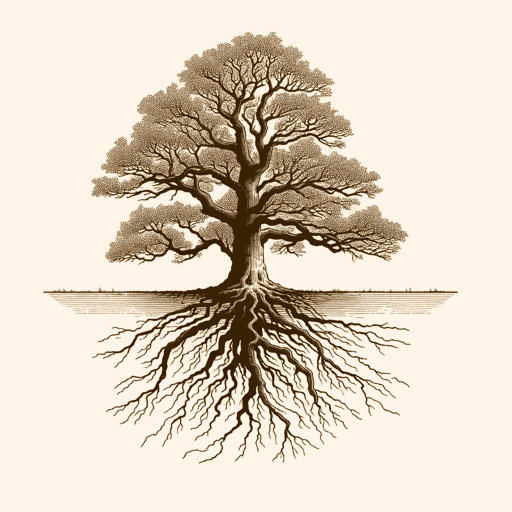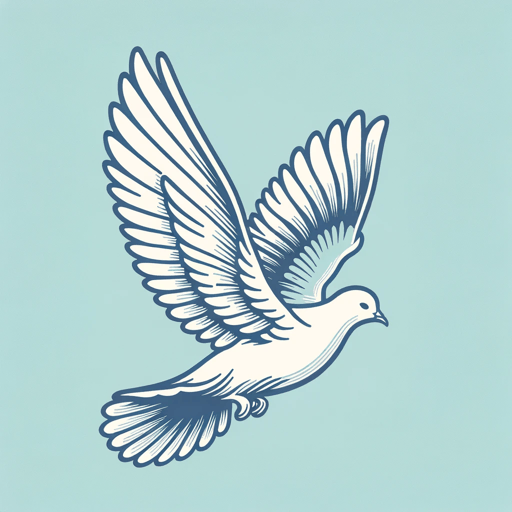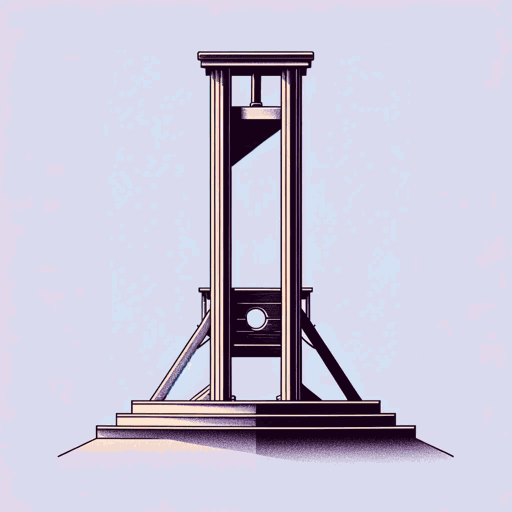47 pages • 1 hour read
Albert CamusThe Fall
Fiction | Novel | Adult | Published in 1956A modern alternative to SparkNotes and CliffsNotes, SuperSummary offers high-quality Study Guides with detailed chapter summaries and analysis of major themes, characters, and more.
Background
Authorial Context: Camus and World War II
Camus was born in Algeria to French parents in 1913. Camus and his family were “pieds noirs” (“black feet”), meaning they were Europeans living in Algeria while the country was a French colony. Camus attended the University of Algiers, where he developed an interest in Friedrich Nietzsche’s philosophy. Camus moved to Paris shortly before World War II began. There, he became friends with Jean-Paul Sartre, whose work is central to existentialist philosophy. Camus was part of the underground French resistance to German occupation and worked on the underground newspaper Combat. He was an avowed anarchist and strongly opposed violence, hierarchy, state organization, and the death penalty. He believed in the inherent dignity of individual humans.
After World War II, the atrocities of the Holocaust and the atomic bombs left many people traumatized and unable to cope with a return to normalcy. Life for many stopped holding innate meaning. The Fall is fundamentally shaped by the events of World War II, from the empty Jewish Quarter to references to the “H-bomb” (87). Camus experienced these atrocities alongside rising tensions in colonized Algeria that would result in the Algerian War for Independence in 1954.
Having experienced World War I and II and the aftermath, Camus’s earlier writing was likewise preoccupied with war’s brutality.
Related Titles
By Albert Camus








